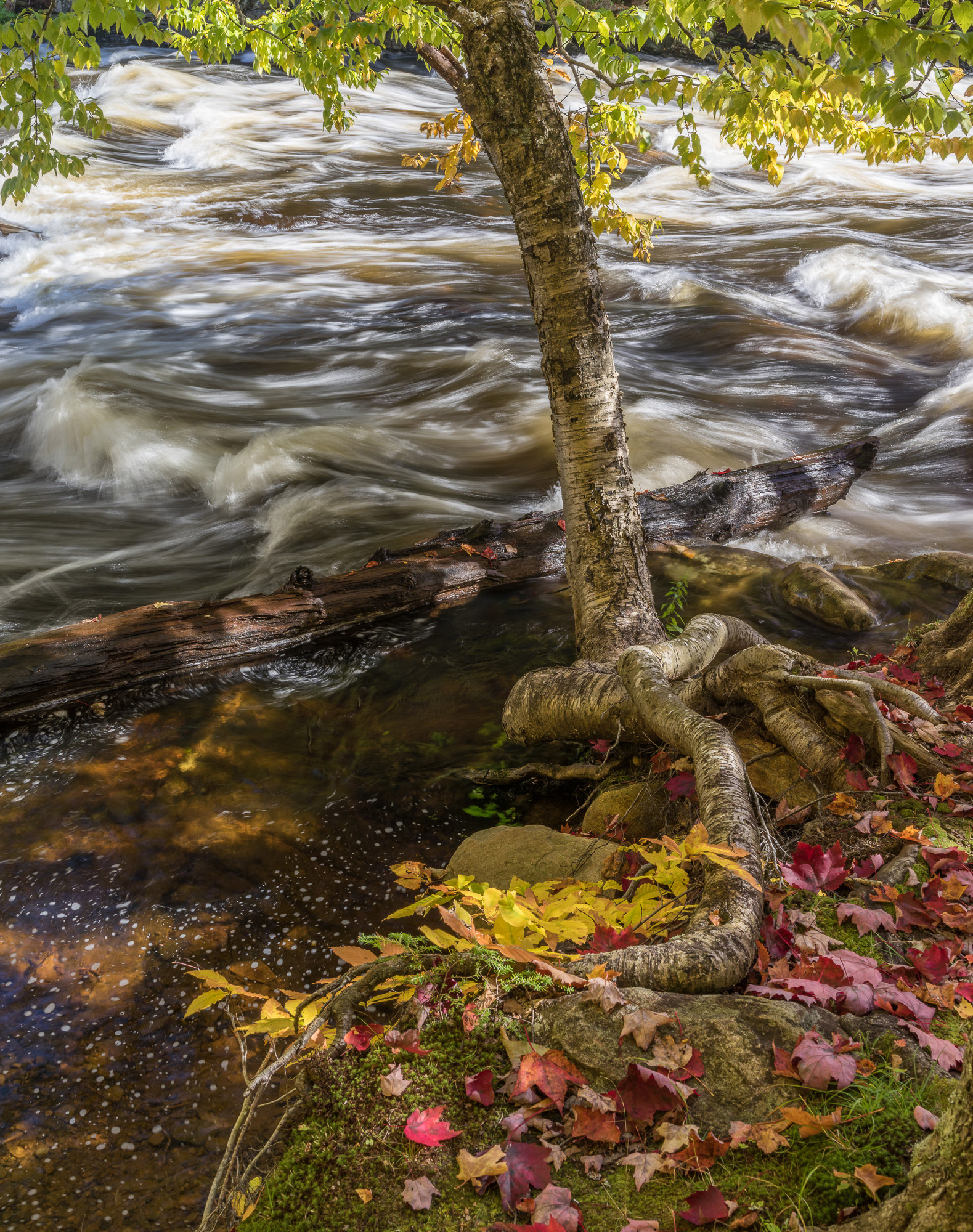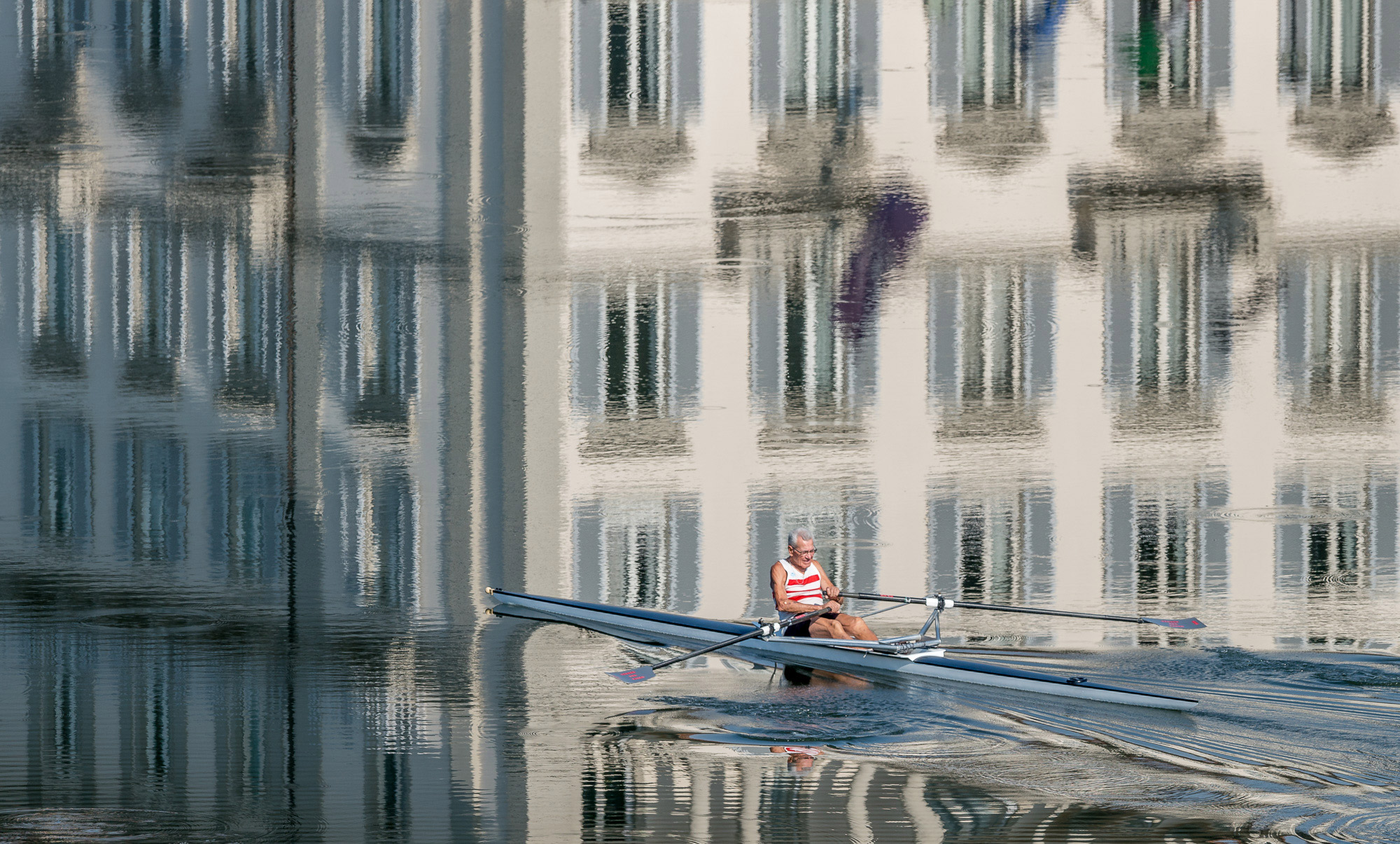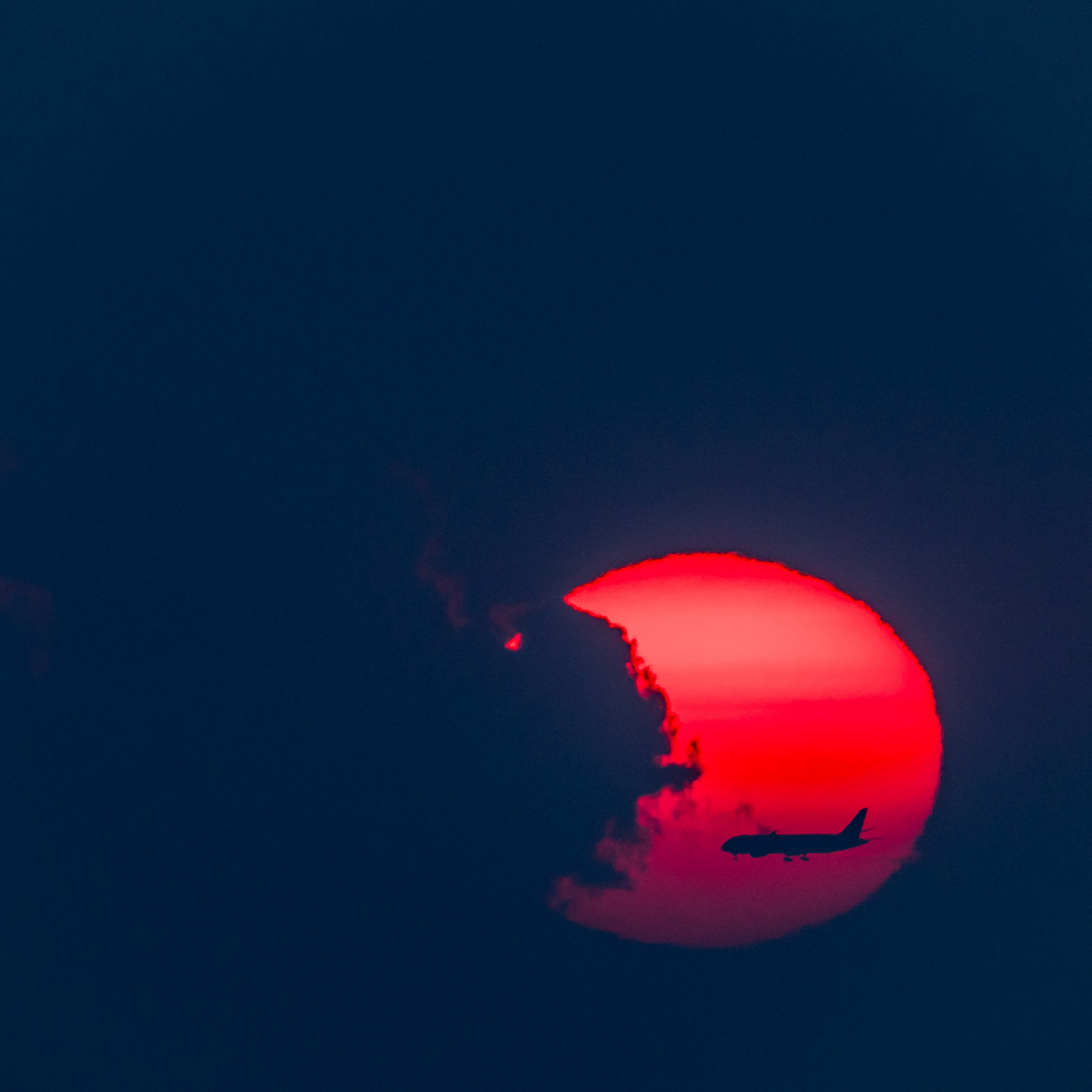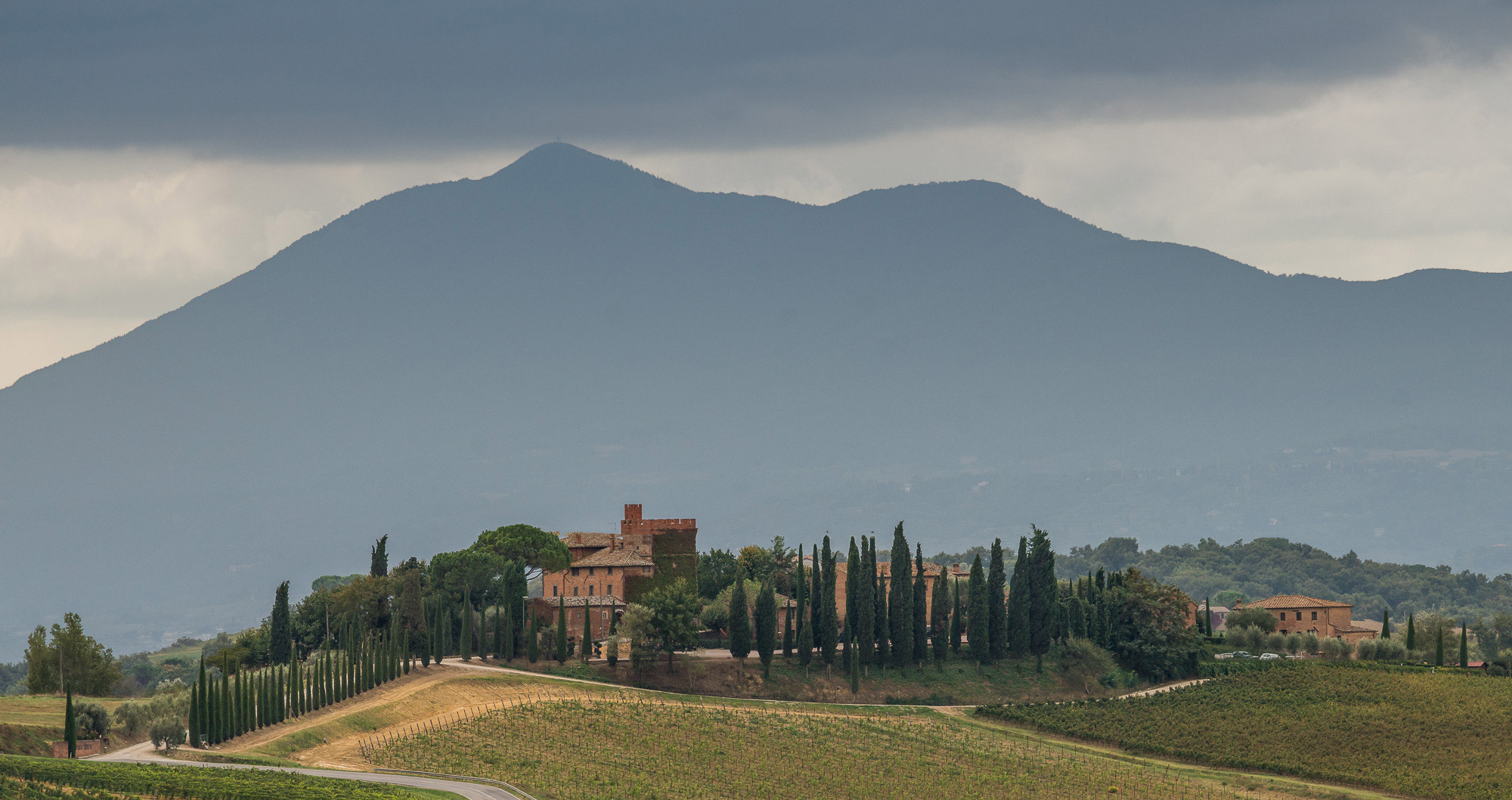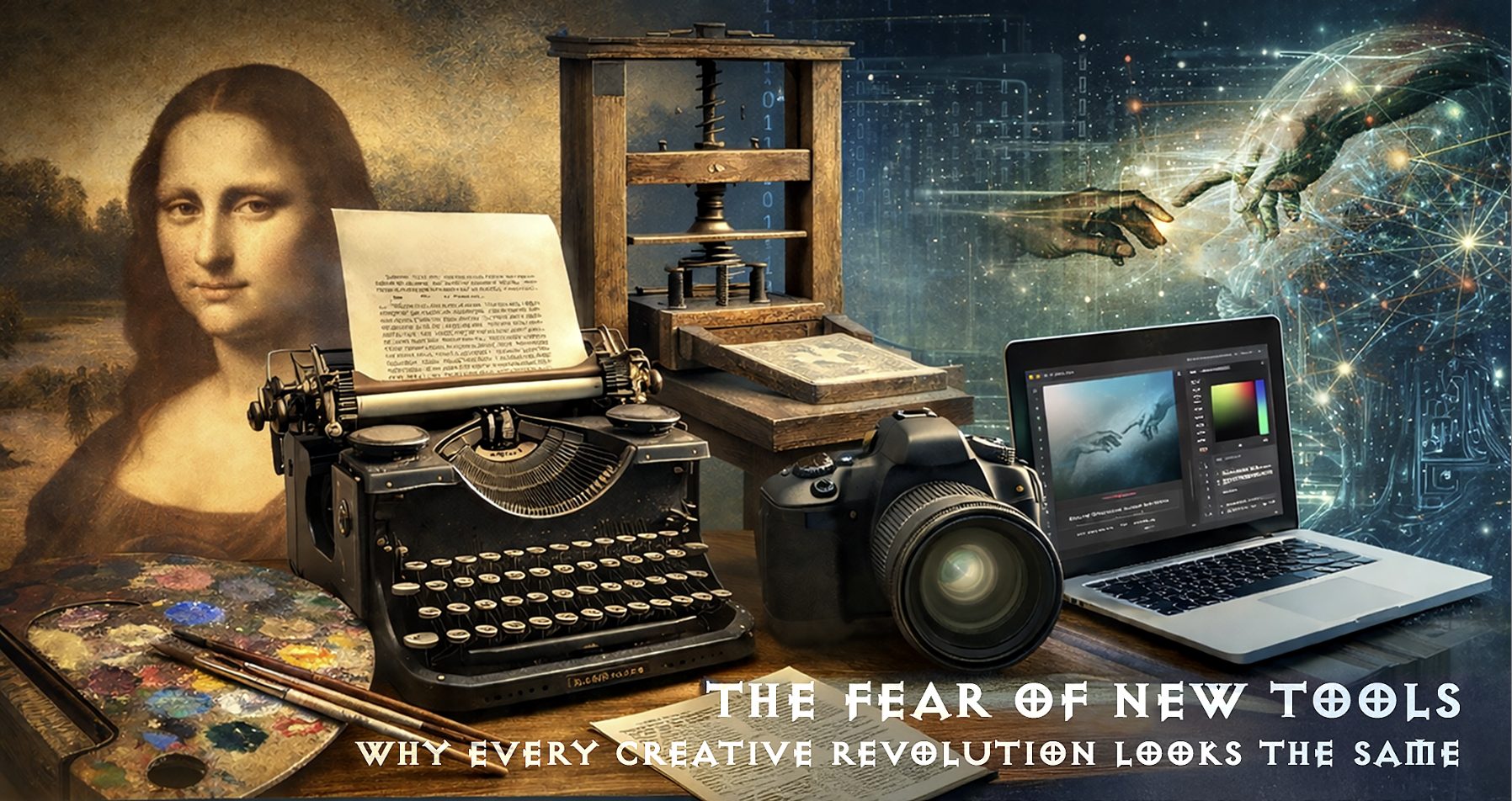Sony just dropped the RX1R III after nearly ten years.
The original RX1 shocked everyone back in 2012 by stuffing a full-frame sensor into a pocket-sized camera. The RX1R followed in 2013, and then the RX1R II in 2015.
Now we finally have the third generation of this small camera with a massive 61-megapixel sensor and an even “massiver” price tag.


What’s Inside the RX1R III
The heart of this camera is the same 61-megapixel full-frame sensor from Sony’s A7R V.
That’s some awesome resolution packed into something really small.
The new BIONZ XR processor handles all that data eight times faster than before, which should mean even better autofocus and smoother operation.
Sony kept the same ZEISS 35mm f/2 lens from the previous model. No IBIS either.
The autofocus got a major upgrade with Sony’s AI “smarts”. It can track people, animals, birds, cars, trains, and airplanes (oh my!). The 693 focus points cover most of the frame, making it one of the smartest (if not the smartest) compact cameras on the market.


Size Matters – And This Thing Is Tiny
Here’s where Sony did something BIG by being so small.
The RX1R III measures just 4.4 × 2.6 × 2.9 inches and weighs 1.1 pounds. That’s smaller than the old model while having way more resolution.
Compare that to the “chunky” Leica Q3 at 1.64 pounds or the “brick” Fujifilm GFX100R at 1.62 pounds.
The image quality? The 61-megapixel files should have incredible dynamic range and tons of room for editing.


The Hidden Gem: Macro Mode
Nobody talks about this, but the macro ring on the lens is a great idea. Flip it to macro mode and you can focus as close as 8 inches with decent magnification. Combined with 61 megapixels, the detail and crop-ability in close-up shots will be fun to work with.


How It Stacks Up Against the Competition
Leica Q3 ($6,000): Bigger, heavier, but has image stabilization and weather sealing. The 28mm f/1.7 lens is faster too.
Fujifilm X100V ($1,400): Way cheaper with APS-C sensor. Only 26 megapixels but includes weather sealing and that cool hybrid viewfinder. Not seeing where to get these now except used.
Fujifilm X100VI ($1,600): The latest model bumps up to 40 megapixels and adds in-body stabilization, but it’s still APS-C and nearly impossible to find in stock due to massive demand.
Fujifilm GFX100R ($4,900): Medium format with 102 megapixels. Bigger body but more resolution for less money.
Sigma fp L ($2,500): Same 61-megapixel sensor but with interchangeable lenses. Needs extra accessories though.


What Works Great
The Step Crop feature is clever. You can shoot at 50mm or 70mm equivalent while keeping the full RAW file. The camera crops in for you and with a full frame 61 megapixel sensor, you’ve got some room for cropping.
That leaf shutter is great for flash photography. You can sync flash at any speed up to 1/4000 second.
The autofocus with AI tracking should work magically. Eye detection stays locked on a person even when people turn their heads.
Video gets electronic stabilization and shoots 4K/30p with pro shooting features like S-Log3.


The Frustrating Stuff
No Weather Sealing: For $5,100, this camera should handle more than sunny days. The lack of protection is disappointing.
Old Lens Design: The 35mm f/2 might show its age with 61 megapixels. We should look out for corners or purple fringing.
Fixed Screen: Sony removed the tilting screen from the old model. That feels like going backward. But perhaps it was all about the weight and size of the camera.
Battery Life: Only 300 shots per charge using the old NP-FW50 batteries. You’ll need spares for longer shooting outings.


The Price Problem
It’s not clear why the pricing is so high here. Sony bumped the price 54% over the previous model. That puts it dangerously close to the Leica Q3 territory while not being a Leica.
And another thing… the Fujifilm GFX100R gives you medium format and more megapixels for $200 less.
The Sigma fp L has the same sensor and costs half as much. It’s gonna take beautiful images but…


Who Should Buy This Camera
Street photographers will love the silent operation and tiny size. And megapixels to zoom in.
The 35mm focal length is perfect for environmental portraits and documentary work.
Travel and landscape photographers who need maximum quality with minimum space will appreciate how this camera is put together. That 61-megapixel sensor captures incredible detail for large prints.
Wedding photographers might use it as a backup or for quiet ceremony work. The leaf shutter’s flash sync opens up and could give you creative possibilities. Also the “in-camera looks” the Sony has could also give simple ways to give stylized looks like the popular on-camera flash “snapshot” look.


Who Should Skip It
Sports and wildlife photographers need longer lenses.
Landscape photographers might want the weather sealing and stabilization of other cameras.
Video creators should look elsewhere. 4k, fixed monitor, and a fixed wide-angle lens limit its usefulness.
Budget photographers have better options. The X100VI offers similar concepts for a fraction of the price.


Bottom Line: Great Camera, Tough Sell
The RX1R III is an impressive feat of engineering.
Sony created the smallest 61-megapixel full-frame camera ever made. The size and quality achievements are genuinely remarkable.
But that $5,100 price tag hurts.
The missing weather sealing and old lens design make this harder to recommend.
Sony built a very good camera at a very high price – we just wish they could’ve made a cheaper one.
We’d love to hear your thoughts on the Sony RX1R III. Join the discussion in our forum: https://forum.luminous-landscape.com/index.php?topic=144889.0
Read this story and all the best stories on The Luminous Landscape
The author has made this story available to Luminous Landscape members only. Upgrade to get instant access to this story and other benefits available only to members.
Why choose us?
Luminous-Landscape is a membership site. Our website contains over 5300 articles on almost every topic, camera, lens and printer you can imagine. Our membership model is simple, just $2 a month ($24.00 USD a year). This $24 gains you access to a wealth of information including all our past and future video tutorials on such topics as Lightroom, Capture One, Printing, file management and dozens of interviews and travel videos.
- New Articles every few days
- All original content found nowhere else on the web
- No Pop Up Google Sense ads – Our advertisers are photo related
- Download/stream video to any device
- NEW videos monthly
- Top well-known photographer contributors
- Posts from industry leaders
- Speciality Photography Workshops
- Mobile device scalable
- Exclusive video interviews
- Special vendor offers for members
- Hands On Product reviews
- FREE – User Forum. One of the most read user forums on the internet
- Access to our community Buy and Sell pages; for members only.








